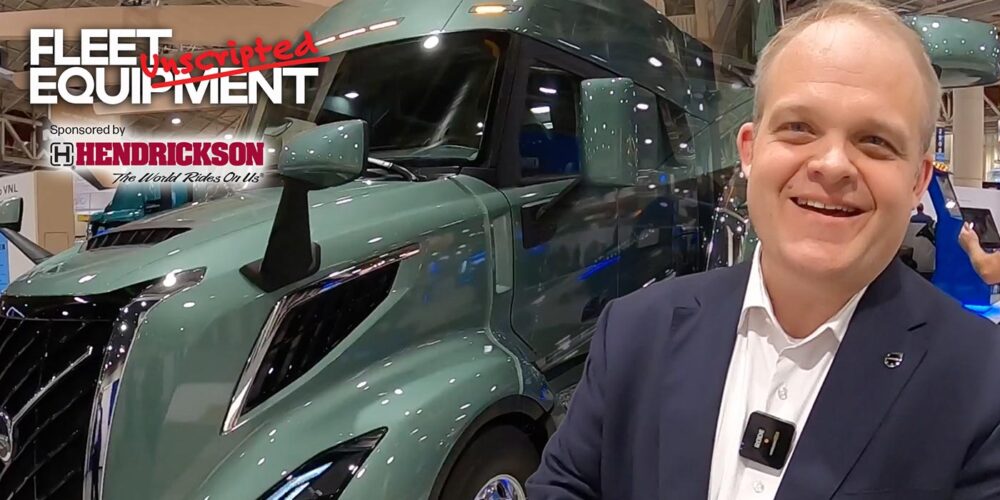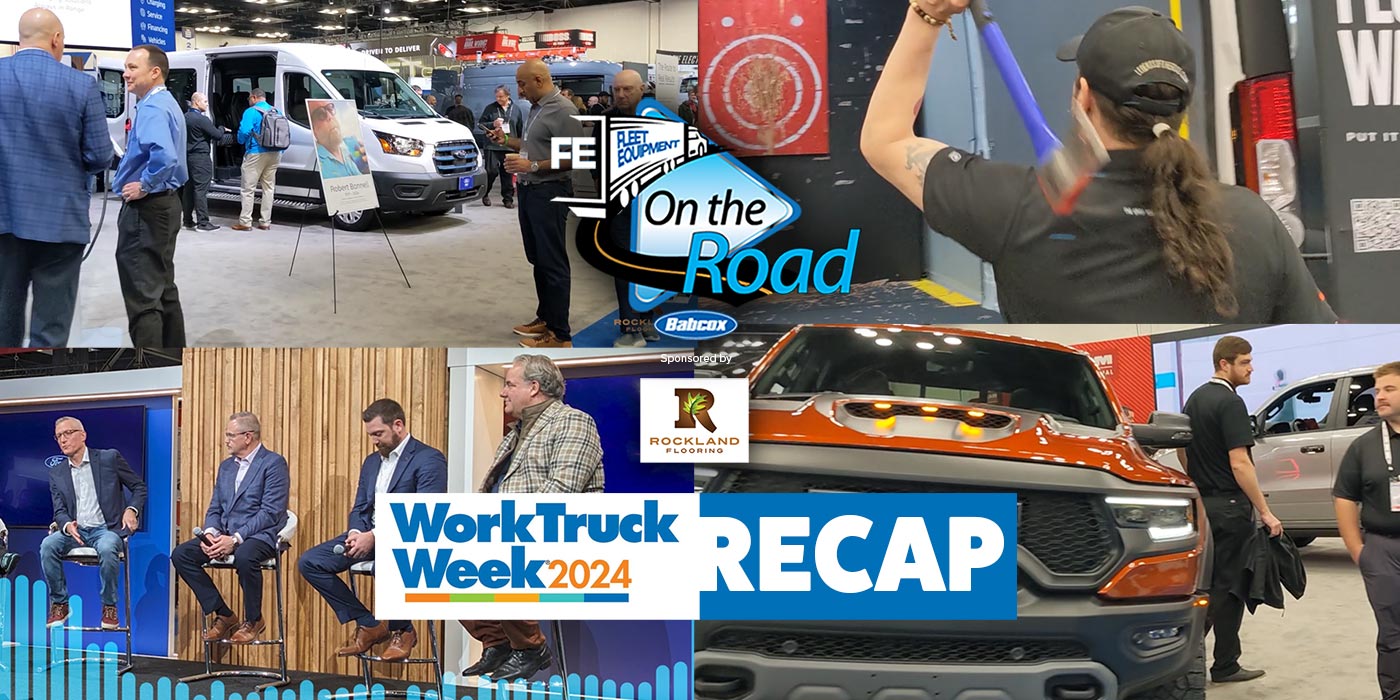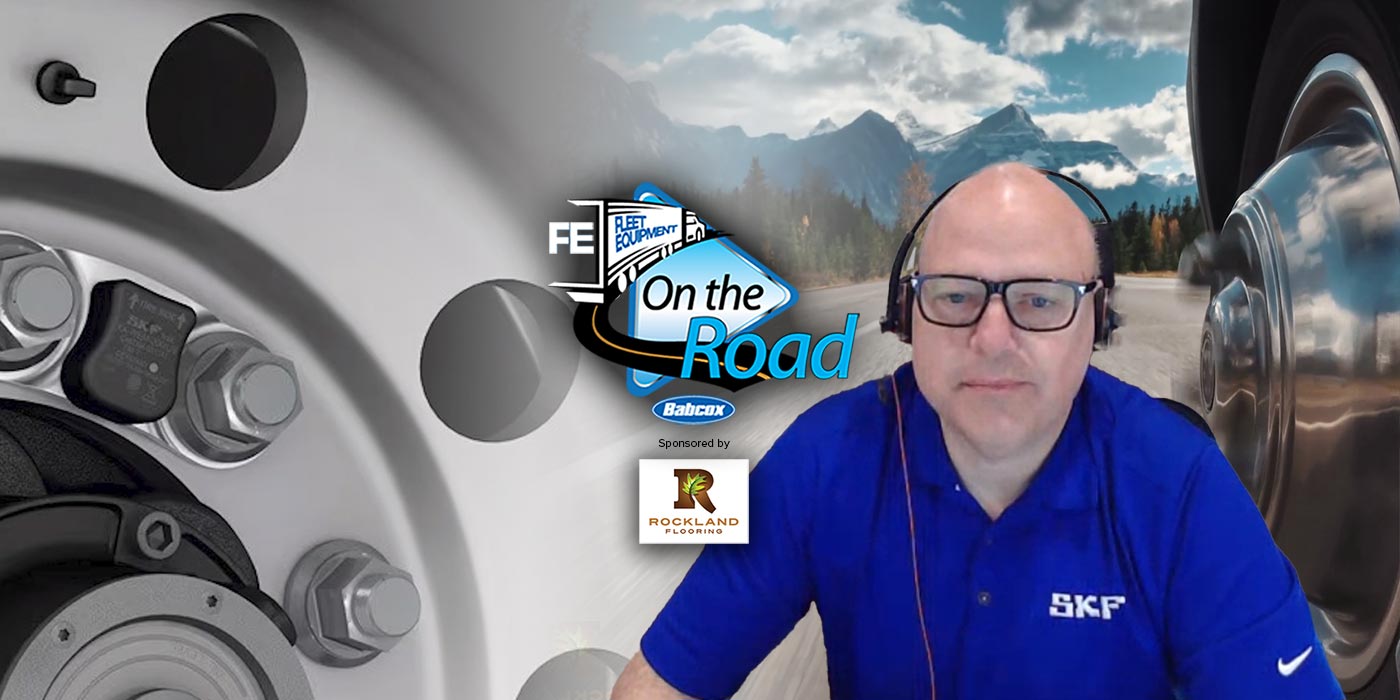So, maybe you watched last week’s video and you’re taking a hard look at your tires for National Tire Safety Week, and you’ve got your tire pressure set perfectly and your tires are looking great… Now you just don’t let the little things slip through the cracks.
Click here to watch more of FE’s On the Road video series.
Tires are so complicated – that’s why they’re so fun to talk about. Like, why don’t we ever talk about runout tires? What does your fleet do with them? Do you have a policy? This is something all fleets are going to have to contend with sooner or later, so you should probably have a policy.
Runout tires, those tires that are no longer perfectly round, should be marked and paired up with a suitable tire to be used at the earliest convenience. This will keep the tire from aging out before it has reached the suitable amount of life cycles for that fleet. I’m talking about both the first life and retreads, here.
And, on that note, just make sure you have solid maintenance records for all of your tires in general, right? You have daily pressures I can’t even imagine breathing down your neck just to keep your fleet running smoothly, so it might be tempting to let recording your data slip for a few months – I totally get it! But knowing the fleet average helps identify individual trucks or tires that are not performing well, and lets you do something about it before it becomes an issue that causes unplanned downtime.
What, you’re just looking for a tire maintenance pro tips checklist? Of course I’ve got that too:
- Never operate a vehicle that has low or flat tires. That goes double for damaged or distorted rims or wheels, missing bolts or cracked studs. A tire that has run at 20% or less of its normal operating pressure should be considered flat. This tire should be removed and dismounted from the wheel for a thorough inspection inside and out by a trained professional before returning it to service.
- Never weld or apply heat to a wheel or wheel parts. This can cause serious safety issues on the road.
- Store tires you aren’t using in a cool, dry place away from direct sunlight if you want to avoid premature aging. Tires also hate ozone, so keep them away from the sun, arc-welders and mercury vapor light bulbs, as well as ultraviolet rays and inclement weather. And if you can help it, store tires standing upright on the tread and avoid stacking. And last but not least…
- Avoid lifting tires through the center with a crane hook, because you can damage the critical bead area. Instead, lift the tire under the tread by using flat straps. If you can find flat straps, use those instead of steel slings or chains because you’re less likely to cause cuts or abrasions that way.













